Cognitive Behavioral Therapy
Cognitive Behavioral Therapy (CBT) is a form of therapy that can help people find new ways of living by changing their relationship to their thoughts. The cognitive model, which comprises much of CBT’s foundation, is rooted in the principle that the way we perceive situations influences how we feel emotionally. Further, the way we perceive situations is often based on underlying beliefs about ourselves and the world. These beliefs generate automatic thoughts (thoughts we accept without question), and those automatic thoughts are often unhelpful and untrue.
CBT helps people to identify their underlying beliefs and automatic thoughts and evaluate how realistic they are. We then learn to change these distortions in thinking that are a natural part of the human experience but unhelpful when left unquestioned. Often when people learn to evaluate their thoughts and recognize when they are unrealistic, emotional distress lessens.
When compared to other forms of therapy, the Academy of Cognitive Therapy states, “cognitive therapy is usually more focused on the present, more time-limited, and more problem-solving oriented. Indeed, much of what the patient does is solve current problems. In addition, patients learn specific skills that they can use for the rest of their lives. These skills involve identifying distorted thinking, modifying beliefs, relating to others in different ways, and changing behaviors.”
This means that CBT is a highly practical form of therapy. Understanding past events is an important part of the process, however, we are most concerned with how these past events are influencing thoughts and behaviors now — in this moment — and how we can take action now — in this moment — to grow in a more helpful direction.
CBT has been clinically demonstrated through randomized controlled trials to be an effective treatment for a variety of problems such as anxiety, depression, chronic pain, insomnia, social anxiety disorder, panic disorder, PTSD, eating disorders, substance abuse, anger management, and many other conditions. It is one of the most well-researched forms of therapy today.
